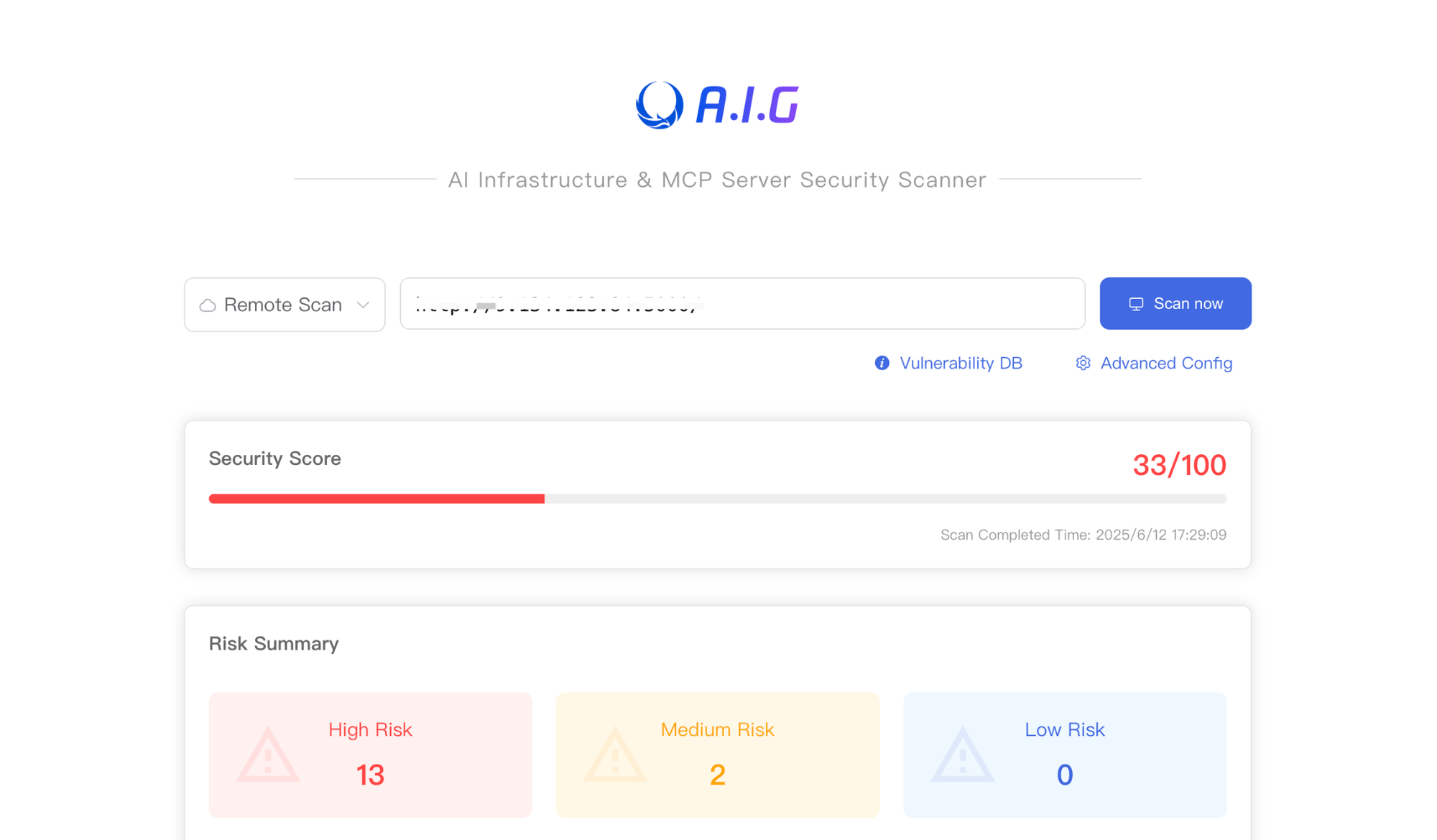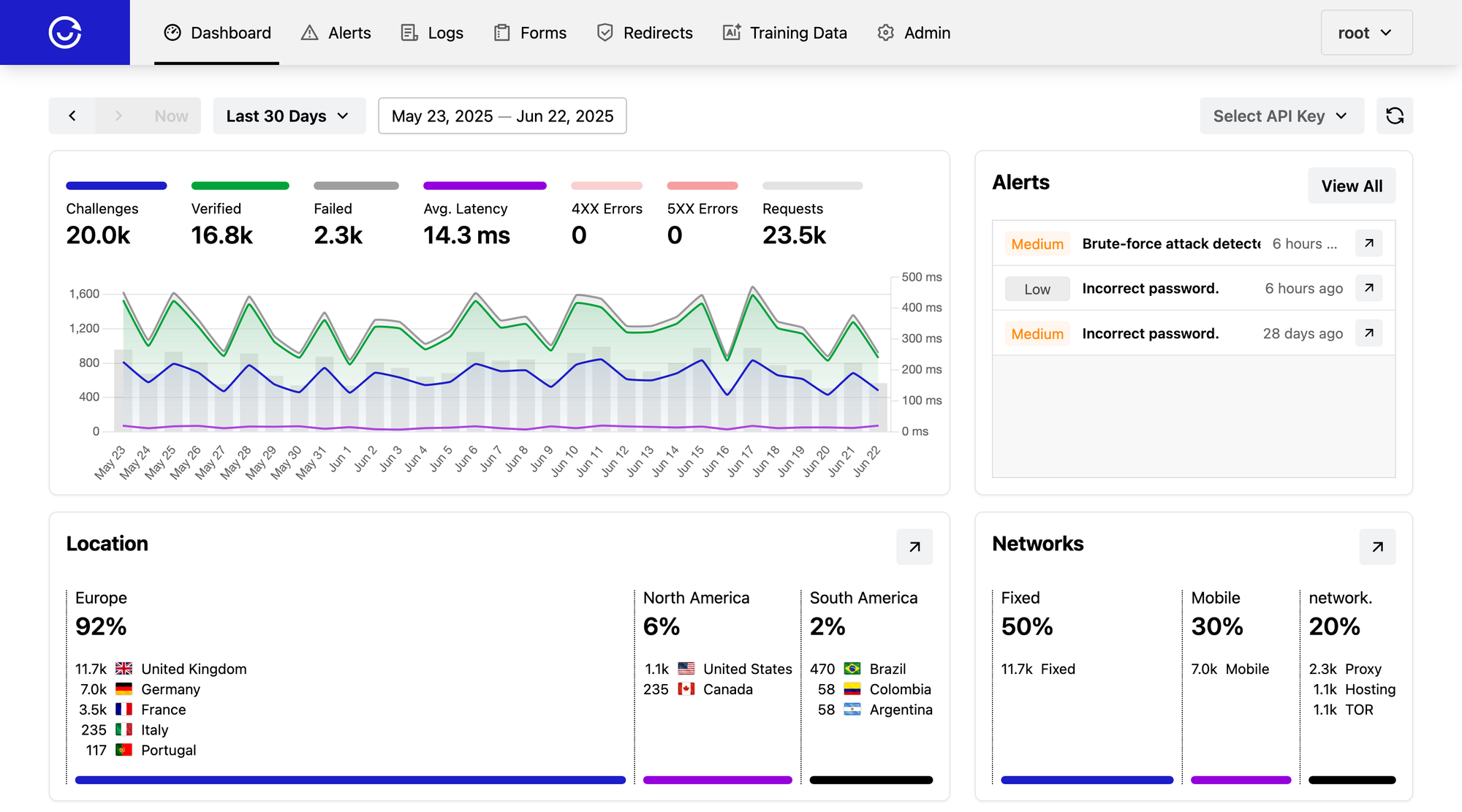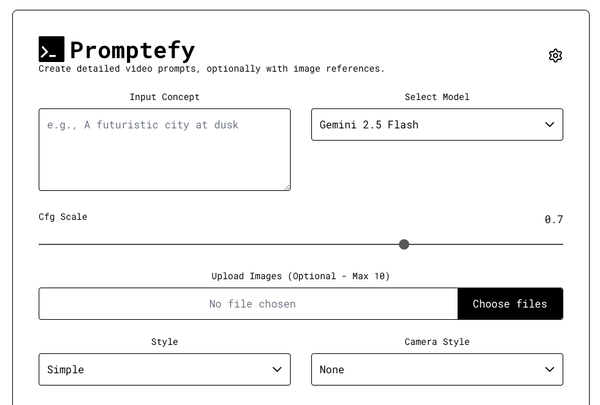Top 10 Open-Source AI Tools to Fight Spam - How AI and Open Source Are Winning the War Against Spam
Table of Content
If you're reading this, you’re probably someone who cares about security, performance, and maybe even runs your own infrastructure. Or at least curious enough to want to protect what you’ve built. Whether you're a developer, DevOps engineer, or just someone running a small service, spam is something that’s silently eating away at your time, resources, and user trust.
That's why Spam/ Junk folder in your email was created for!
Let’s talk about spam , why it’s more dangerous than most people realize, and how AI-powered anti-spam tools are quietly becoming the best defense we’ve got, especially when paired with open-source solutions.
I used to spend hours sifting through fake signups and spam comments on my side project. I tried CAPTCHAs, regex filters, even hired a moderator. Nothing stuck.

Then I deployed Rspamd with some custom ML models and automated cleanup scripts. Suddenly, my spam dropped by 90%. My logs were cleaner. My database wasn’t bloated with junk. And I got my weekends back.
That’s the power of combining open-source tools with smart AI logic . It gives you back control, without selling your soul to SaaS platforms.
What Even Is Spam?
Spam is any unsolicited, irrelevant, or malicious message sent in bulk. You've seen it: emails pretending to be from your bank, fake comments on your blog, bot signups flooding your app, or even junk messages in your Slack/Discord communities.
It’s not just annoying, it's often part of a larger attack chain.
Let's say, you did not ask for them, you do not want they, but they know your email, and automatically comes to you with "intent" mostly marketing, stealing or blackmail.

Why AI for Spam Detection?
Traditional spam filters use rule-based systems. Think regex patterns, blacklists, and static keywords. But spammers evolve fast, they know how to bypass those rules. That’s where AI comes to save us.
AI doesn’t rely solely on known patterns. It learns behavior over time, adapts to new threats, and gets smarter as it sees more data. It’s like hiring a security guard who not only knows the usual suspects but can also spot suspicious behavior in real-time.
How Is AI Different?
- Adaptive learning : It evolves as spam tactics change.
- Context-aware filtering : Understands intent behind messages (not just words).
- Low false positives : Reduces accidental blocking of legitimate users.
- Scalability : Handles massive volumes without breaking a sweat.
In short, AI treats spam detection like a game of chess, always thinking ahead.
lWhy Spam Hurts Your Business
You might think “it’s just spam,” but here’s the truth:
- Wasted server resources from processing junk traffic
- Poor user experience due to fake accounts, spammy messages
- Brand damage if your platform becomes a haven for bots
- Security risks from phishing attempts slipping through
- Lost productivity cleaning up after spam attacks
Imagine spending hours manually deleting fake signups or moderating bot comments, that’s time stolen from building better features.
Types of Spam: Know Your Enemy with Intents
1. Phishing
Pretends to be a trusted source to steal login details or personal info. If you use Internet long, you would know, how it works!
Example: fake invoices, urgent password reset links.
2. Content Spam
Fake blog comments, forum posts, or social media replies filled with links to shady sites. This really hurts for content writers, bloggers and big news websites, that's where they tend to implement anti-spam strategy.
3. Email Spam
Bulk unsolicited emails trying to sell products, spread malware or even ransomware, or impersonate services.
4. Form Spam
Bot-filled contact forms, registration pages, or feedback boxes with gibberish or promotional content.

5. SMS Spam
Unwanted text messages, often used for scams or marketing.
Each type has a different goal, some want to scam, others want to overload your system or ruin your reputation.
Why Anti-Spam Is Important
Think of anti-spam tools like a firewall for your digital communication channels. They help you:
- Save time by reducing manual moderation
- Protect assets from phishing and credential theft
- Secure your brand from being associated with spam
- Preserve server resources from bot and spam traffic.
- Improve UX by keeping your app clean and trustworthy
Without good anti-spam protection, you're leaving the front door wide open, to every bad intentions that can hurt your business.
Benefits of Using AI in Anti-Spam Tools
Here’s why AI makes a difference:
- Smarter filtering : Goes beyond keyword matching.
- Real-time detection : Blocks spam before it hits your inbox or form.
- Less maintenance : Learns and updates itself instead of relying on outdated rules.
- Customizable : Can be trained on your specific data for better accuracy.
- Scales effortlessly : Handles high-volume traffic without lag.
You don’t need to write a new rule every week. AI just... gets it.
Why Use Open-Source Anti-Spam Tools?
Because you value control, transparency, and customization.
Open-source anti-spam tools are built by passionate developers solving real problems. They’re:
- Self-hosted : Run them on your own servers, no third-party dependency.
- Transparent : You can audit the code, see what’s happening under the hood.
- Flexible : Customize them to fit your exact needs.
- Community-driven : Active forums, bug fixes, and real-world testing from thousands of users.
They do require some dev skills to set up — Docker, config files, maybe a bit of Python/ML — but the payoff is worth it.
Open-source Anti-spam solutions!
These open-source projects are self-hosted solutions built by passionate developers to tackle real-world problems. They’re powerful, flexible, and give you full control, but they do require some coding and technical know-how to set up and run.
1- Inbox Zero - Your AI Email Assistant
Inbox Zero is an open-source AI-powered email app designed to help you achieve a clutter-free inbox. It features an intelligent assistant that automates tasks like replying, labeling, and unsubscribing.
With tools like Reply Zero, bulk unsubscribe, and cold email blocking, it streamlines email management, giving you more time back in your day.
2- Otis
Otis is an advanced anti-spam artificial intelligence model designed to mitigate and combat the proliferation of unwanted and malicious content within digital communication channels. Leveraging cutting-edge machine learning algorithms and sophisticated pattern recognition techniques.
3- ALTCHA
ALTCHA is the free privacy-friendly alternative to CAPTCHA that actually respects your users, no puzzles, no tracking, no nonsense.
It’s a self-hosted, open-source tool that protects your websites, APIs, and forms from bots and spam using a smart proof-of-work (PoW) system.
Learn more about this amazing app here.

4- Tirreno
Tirreno is an open-source security platform built to protect web apps, online platforms, and user communities from fraud, abuse, and account threats.
Unlike traditional security tools that focus on infrastructure, Tirreno watches user behavior, where most modern attacks happen, giving you real-time insights and protection against threats like fake accounts, account takeovers, brute-force attacks, and malicious bot activity.
5- mosparo
mosparo is a modern, open-source solution to protect your website forms from spam, without annoying captchas or puzzles. Instead of making users prove they’re human, mosparo quietly analyzes form data using smart filtering rules, much like an email spam filter, but smarter.
It works by scanning each form field individually, not the whole submission at once, which makes detection faster and more accurate than traditional spam filters.
And here’s the cool part: mosparo uses AI-powered learning to get better over time. As it sees more submissions, it adapts its rules and improves spam detection automatically. The system can even train itself on your site's specific spam patterns, making it ultra-targeted and effective.
With features like custom rule sets, automatic spam blocking, and now intelligent AI integration, mosparo is the clean, developer-friendly way to keep spam out of your forms, and your inbox.
6- ASSP
ASSP (Anti-Spam SMTP Proxy) is an open-source email firewall that fights spam like a boss. It’s not just one filter, it’s a full arsenal.
Running as a standalone SMTP proxy, ASSP hits spam with everything from Bayesian filtering and Hidden Markov Models to Greylisting , DNSBLs , SPF checks , URIBLs , attachment blocking , and even virus scanning integrations.
It’s smart, self-learning, and built to sit between your mail server and the internet, silently blocking spam before it ever reaches your users.
No platform lock-in, no bloated UI, just powerful, customizable spam protection that works behind the scenes. If you're serious about email hygiene and want full control, ASSP is your open-source secret weapon.
It can be easily integrated with AI for better performance.
Features
- Multiple Weighted DNSBLs
- Multiple Weighted URIBLs
- Greylisting
- Weighted Regular Expression Filtering
- Bayesian
- Penalty Box
- SenderBase
- SSL/TLS
- SPF/SRS
- Attachment Blocking
- ClamAV and FileScan
- Blocking Reporting
- LDAP support
- Backscatter Detection
- recipient replacement / GUI user access rights management
- MIME charset conversion / DKIM check and signing
- multi DB support for all hashes / level based open plugin support
- transparent TCP proxy support
- Plugins: archive, full attachment check and replacement, OCR
- damping (steal spammers time)
- AUTH to relay host / POP3 collector
- configuration value and file synchronization
- Block Reports design could be customized
- Razor2 and DCC support using Plugin
- SNMP support (monitoring, configuring, controll-API)
- user group import (file or LDAP or command based)
- automatic crash analyzer Hidden Markov Model
- IPv6 socket support
- word stemming (several languages) for Bayesian analyzer
- Perl module autoupdate via PPM or CPAN
- Hidden Markov Model spam detection engine
- full unicode support
- DMARC support
- privat Whitelist (legacy, domain based, user based)
- privat IP and Domain lists (legacy, domain based, user based)
- CPU affinity settings
- web file commander
- graphical statistic output (SVG)
- native SSL support for target hosts
- client SSL-certificate validation
- privat SMIME signing
- corporate SMIME signing, using a single privat certificate
- content based executable attachment blocking
- content based compressed attachment blocking
- BATV check and signing
- Message-ID signing and check FBMTV
- remote support
- Authenticated Received Chain (ARC) processing and signing
- RSS feeds for blocked emails using Plugin
- zero day virus detection
- VirusTotal API
7- GuardianAI Antivirus
GuardianAI is a smart, open-source antivirus built with artificial intelligence at its core. It uses neural networks and machine learning to detect malware, viruses, and other threats in real time, stopping them before they can cause damage.
No need for constant updates or complex settings; GuardianAI adapts automatically to new threats and runs quietly in the background, keeping your system safe without slowing it down.
If you wanna read more about its features, and how to setup this amazing app, check here.
8- Spam Filter AI
Spam Filter AI is a Python-based project that uses machine learning to catch spam emails before they clutter your inbox. It leverages NLP and Naive Bayes classification to understand email content, turning text into meaningful patterns with TF-IDF vectorization.
The result? A smart, trainable system that gets better at spotting spam over time, keeping your messages clean and easy to manage.
9- Anubis
Think of Anubis as a smart bouncer for your website. It uses lightweight AI challenges to block bots and scrapers before they hit your server, no big third-party services needed.
Perfect for developers and indie site owners who want full control and an open, community-driven web.
10- Spam-Detector-AI
Spam-Detector-AI is a Python package for detecting and filtering spam messages using Machine Learning models. The package integrates with Django or any other project that uses Python and offers different types of classifiers: Naive Bayes, Random Forest, and Support Vector Machine (SVM).















